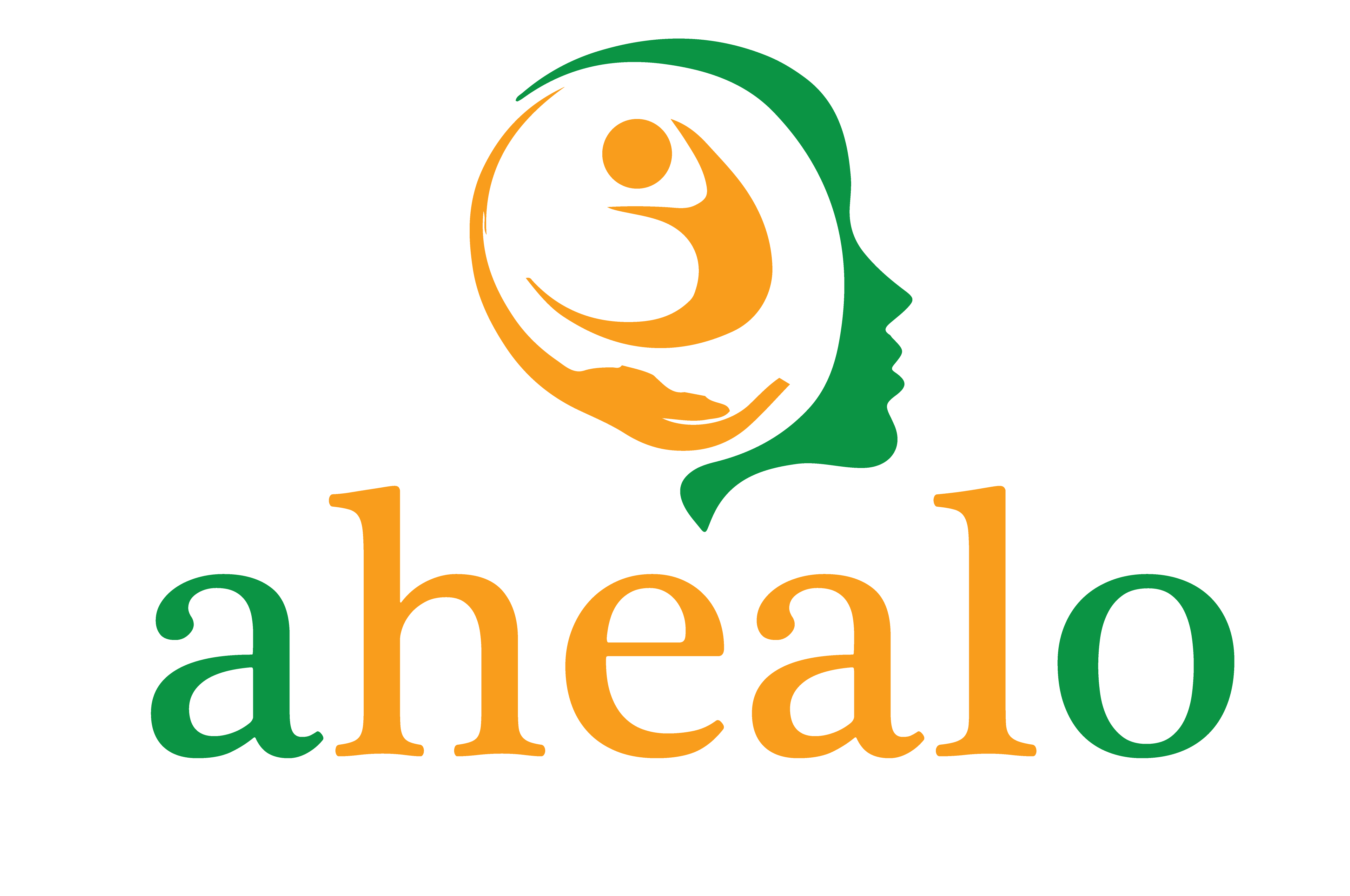
Meditation is a Non-Treatment Option
Meditation Helps You Understand Yourself

Yoga is a Non-Treatment Option

Your Breathing is Important in Mental Illness Therapy

Acceptance of Your Therapy is Important

Goal Setting is Essential in All Treatment Options
Set Short and Long-Term Goals

Music is a Non-Treatment Therapy Option

Laughter Can Be Its Own Type of Medicine
Laughter Has Tons of Benefits
So, What’s the Key Takeaway Here?

ahealos.com is an online psychotherapy video conference platform with the mission to provide quality and very affordable psychotherapists to treat mental illness. Ahealo is committed to bringing treatment-based psychotherapy and non-treatment mindfulness videos to patients.
Ahealo understands all patients’ rejections clearly. Therefore, we have tailored every aspect of the platform to overcome all patients’ concerns, and to provide mental care without the need for patients’ identity, and at the patients’ time of choice, without the need to travel and absolutely no medications.
Check out ahealos.com today. Get an appointment with any of our psychotherapists of your choice and at your comfortable time and budget.

